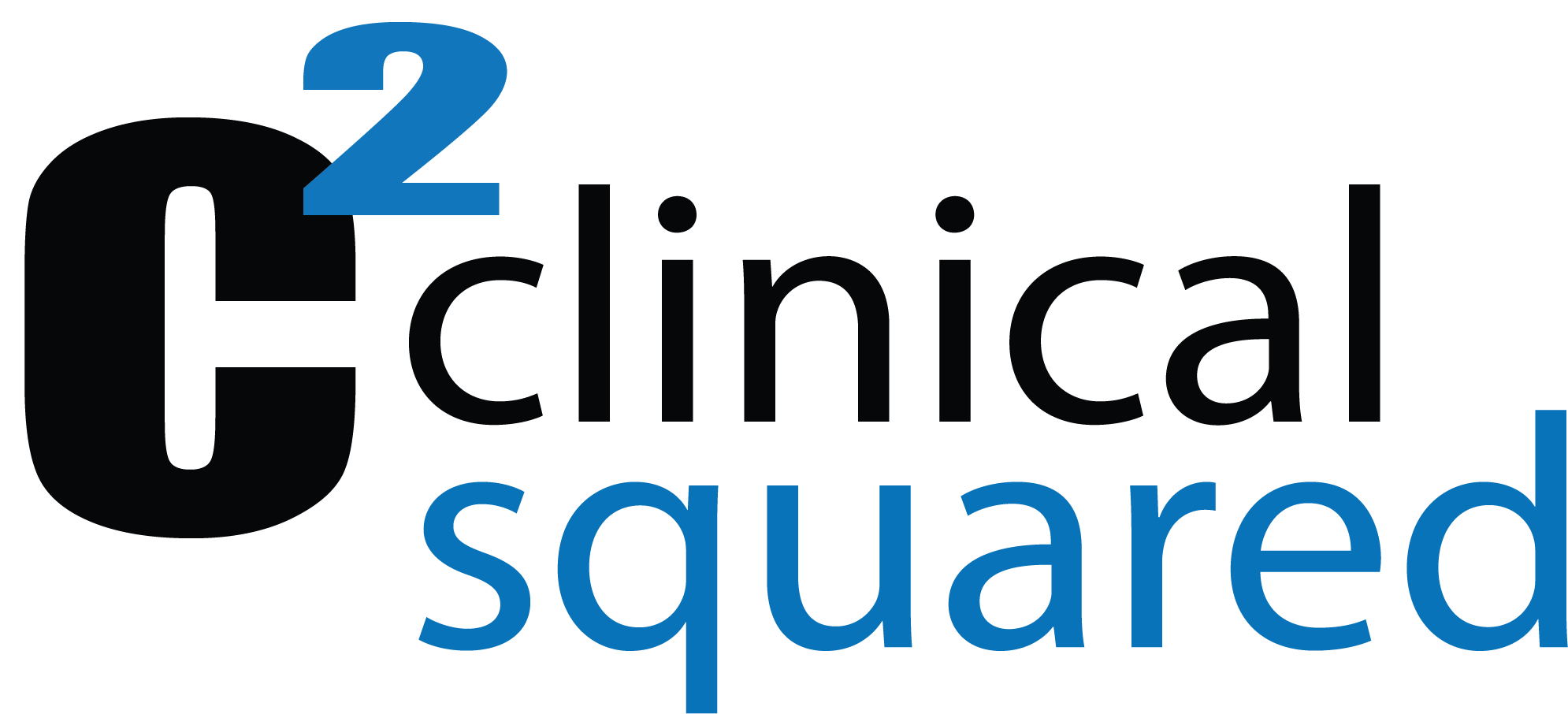Bryant Nielson | May 5, 2023
The education sector has long grappled with the issue of verifying and validating learning achievements. Traditional methods, such as transcripts and certificates, are vulnerable to forgery and loss. With the rise of digital technologies and blockchain, Soulbound Tokens, a form of non-fungible tokens (NFTs), present a new and secure way to document learning achievements. In this article, we will explore the benefits and challenges of using Soulbound Tokens as a verification tool in education and discuss potential solutions to these challenges.
Benefits of Soulbound Tokens in Education
- Enhanced security and authenticity: By leveraging blockchain technology, Soulbound Tokens ensure that learning achievements are securely documented and easily verifiable. The decentralized nature of the blockchain guarantees that records are tamper-proof, ensuring the authenticity of educational achievements.
- Simplified sharing and verification process: With Soulbound Tokens, students can easily share their learning achievements with potential employers or academic institutions. Prospective employers or institutions can verify the NFTs quickly and accurately, reducing the time and effort required for manual verification.
- Portability and permanence: NFTs offer a permanent and portable way to document learning achievements. Unlike paper transcripts or certificates, digital tokens can be easily stored and accessed, ensuring that a student’s educational records remain intact and available throughout their lifetime.
Challenges in Adopting Soulbound Tokens
- Technological barriers: The adoption of Soulbound Tokens requires a certain level of technological infrastructure and understanding. Educational institutions and students may face difficulties in implementing or adapting to this new technology.
- Legal and regulatory issues: The use of blockchain technology and NFTs in education may face legal and regulatory challenges, as current laws and policies may not accommodate these innovations.
- Cost implications: Implementing blockchain-based systems for educational verification can incur costs for educational institutions. These expenses may include the development and maintenance of the necessary infrastructure, as well as the costs associated with creating and managing NFTs.
Potential Solutions
- Collaboration and partnerships: Educational institutions can collaborate with technology providers or form partnerships with blockchain-based platforms to facilitate the adoption of Soulbound Tokens. This collaboration can help in overcoming technological barriers and reduce costs.
- Updating legal frameworks: Policymakers and regulators need to update current legal frameworks to accommodate the use of blockchain technology and NFTs in education. This will help in addressing legal and regulatory challenges while fostering innovation in the education sector.
- Awareness and training: To promote the adoption of Soulbound Tokens, educational institutions must invest in raising awareness and providing training to both educators and students. This will ensure a smoother transition to the new technology and help in overcoming potential challenges.
Soulbound Tokens have the potential to revolutionize the way learning achievements are documented and verified in the education sector. By offering enhanced security, simplified sharing and verification processes, and portability, these digital tokens can significantly improve the way educational accomplishments are recognized. However, to fully realize the benefits of Soulbound Tokens, educational institutions, students, and policymakers must work together to overcome the challenges and embrace this innovative technology.
